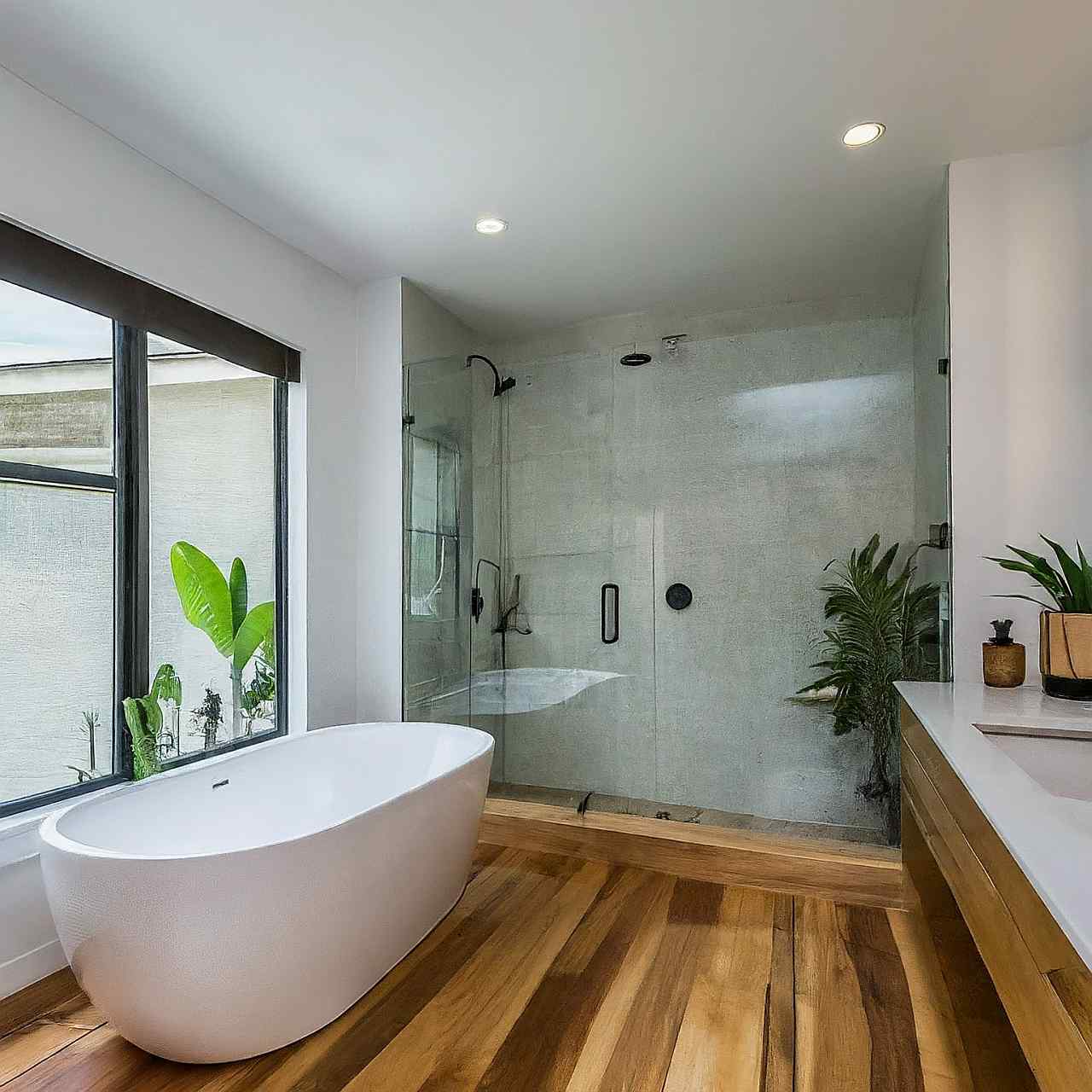Explore this comprehensive guide’s best waterproof flooring options, from durable luxury vinyl plank to stylish tile. Learn about each type’s pros, cons, and maintenance requirements to make an informed decision.
Mahalo for joining us for this week’s Home Renovation Blog at Eco-Luxe Living: Hawai’i! We’re excited to share our experiences with various types of waterproof flooring options. Let’s dive in!
Wet-Proof Your Home: A Guide to Waterproof Flooring Options
Waterproof flooring is essential in areas of the home that are prone to moisture and water damage. Bathrooms, kitchens, basements, and mudrooms are prime spaces where waterproof flooring is crucial. These areas are often exposed to spills, leaks, and high humidity, making it imperative to choose a flooring material that can withstand these elements without deteriorating.
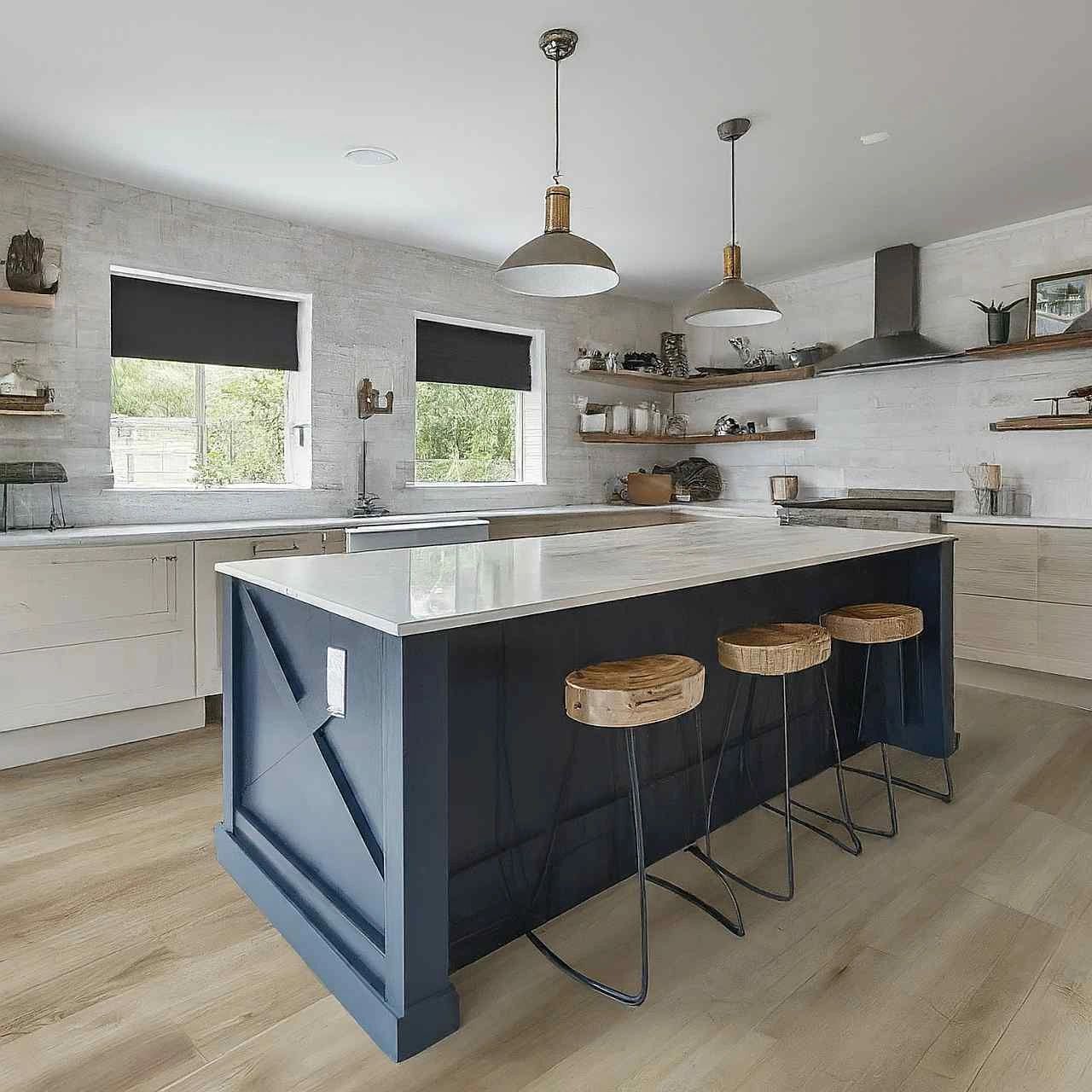
There are several waterproof flooring options available to homeowners. In this blog post, we’re going to go into the pros and cons of each type in more detail. We’ll also share the ones that we’ve used in our renovation projects and give an honest review of the brands that we used.
Some of the most popular choices for 2024 include:
- Luxury vinyl plank (LVP): LVP is a high-quality vinyl flooring that mimics the appearance of hardwood. It’s waterproof, durable, and easy to install.
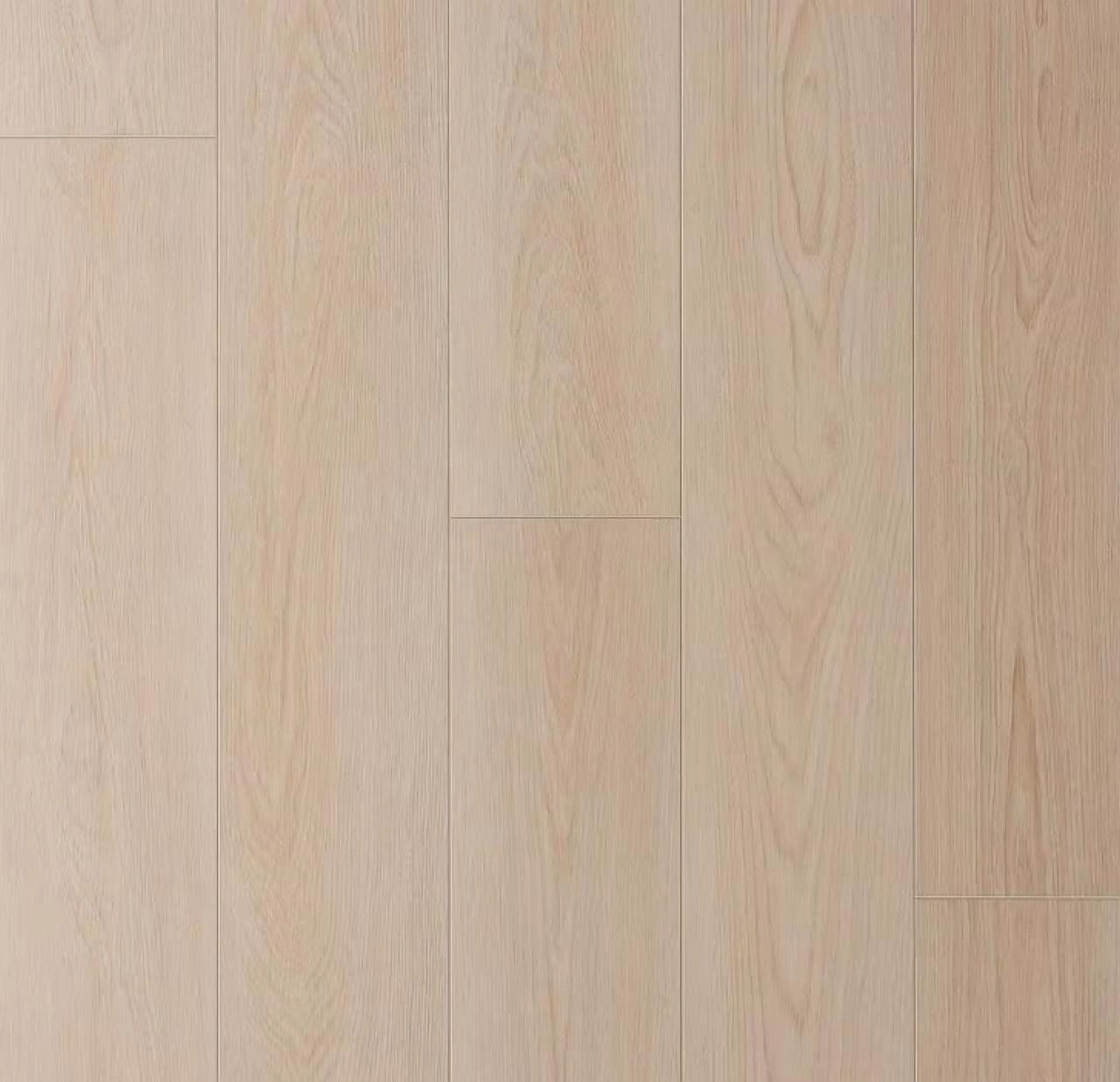
- Vinyl flooring: Vinyl is a versatile and durable option that comes in a variety of styles and colors. It’s naturally resistant to water and easy to clean.
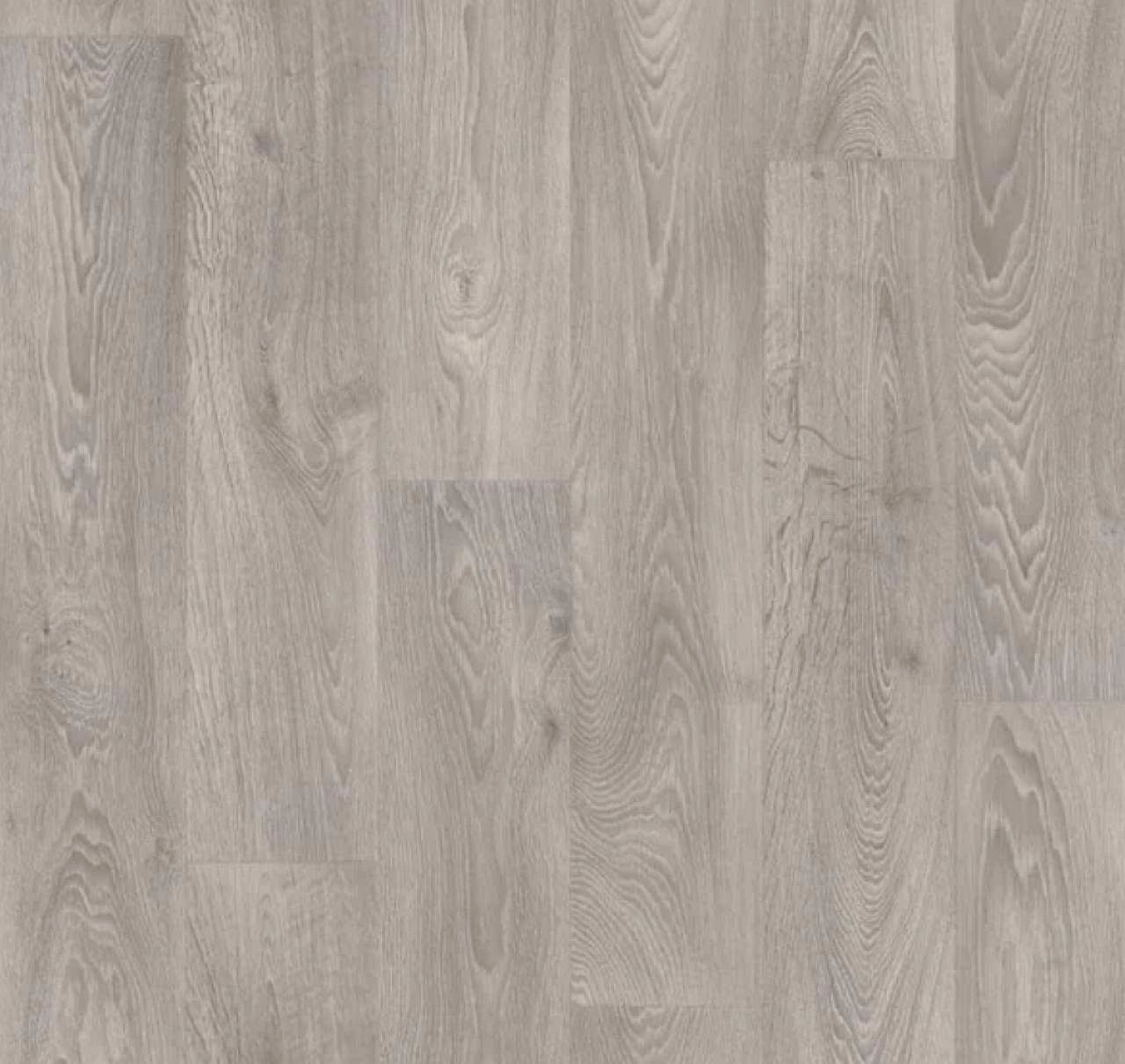
- Tile flooring: Ceramic and porcelain tiles are excellent choices for waterproof flooring. They are durable, stain-resistant, and come in a wide range of designs.
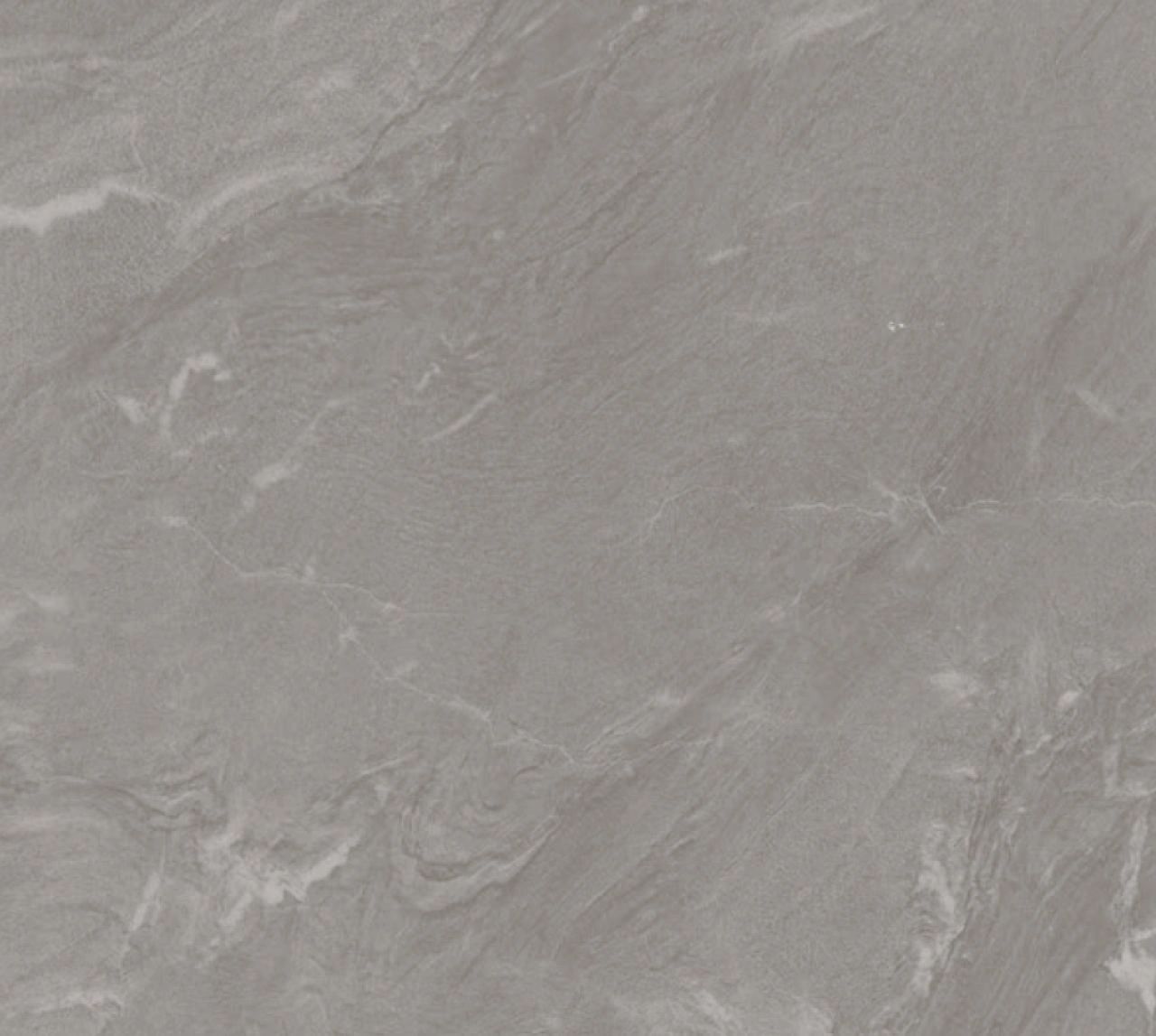
- Waterproof engineered hardwood is a durable and stylish flooring option that offers the natural beauty of real wood while providing excellent resistance to moisture. It’s ideal for areas prone to spills or humidity, such as kitchens, bathrooms, and basements.
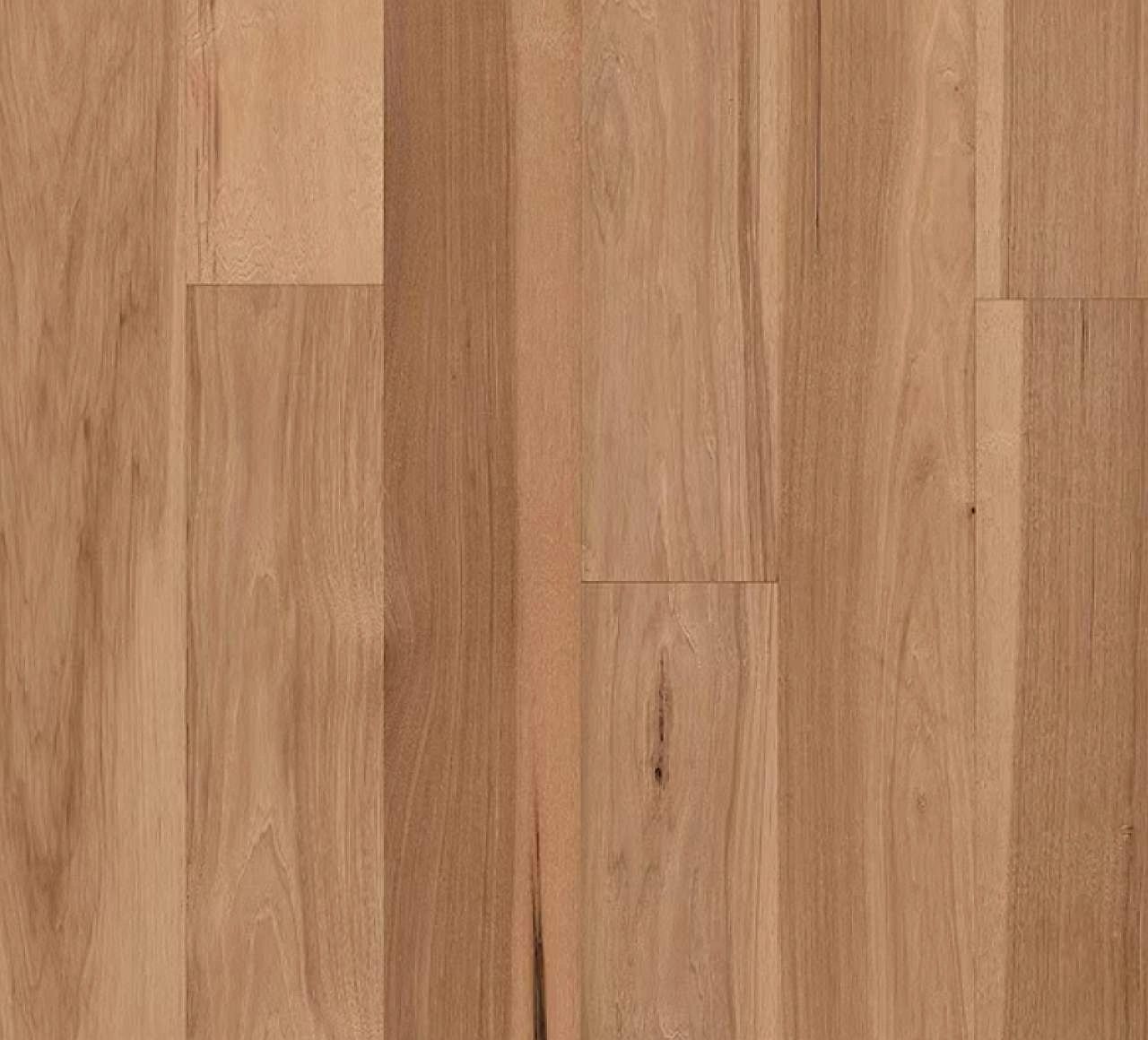
- Bamboo flooring: Waterproof bamboo flooring comes in hand-scraped, engineered, and scratch-resistant options.
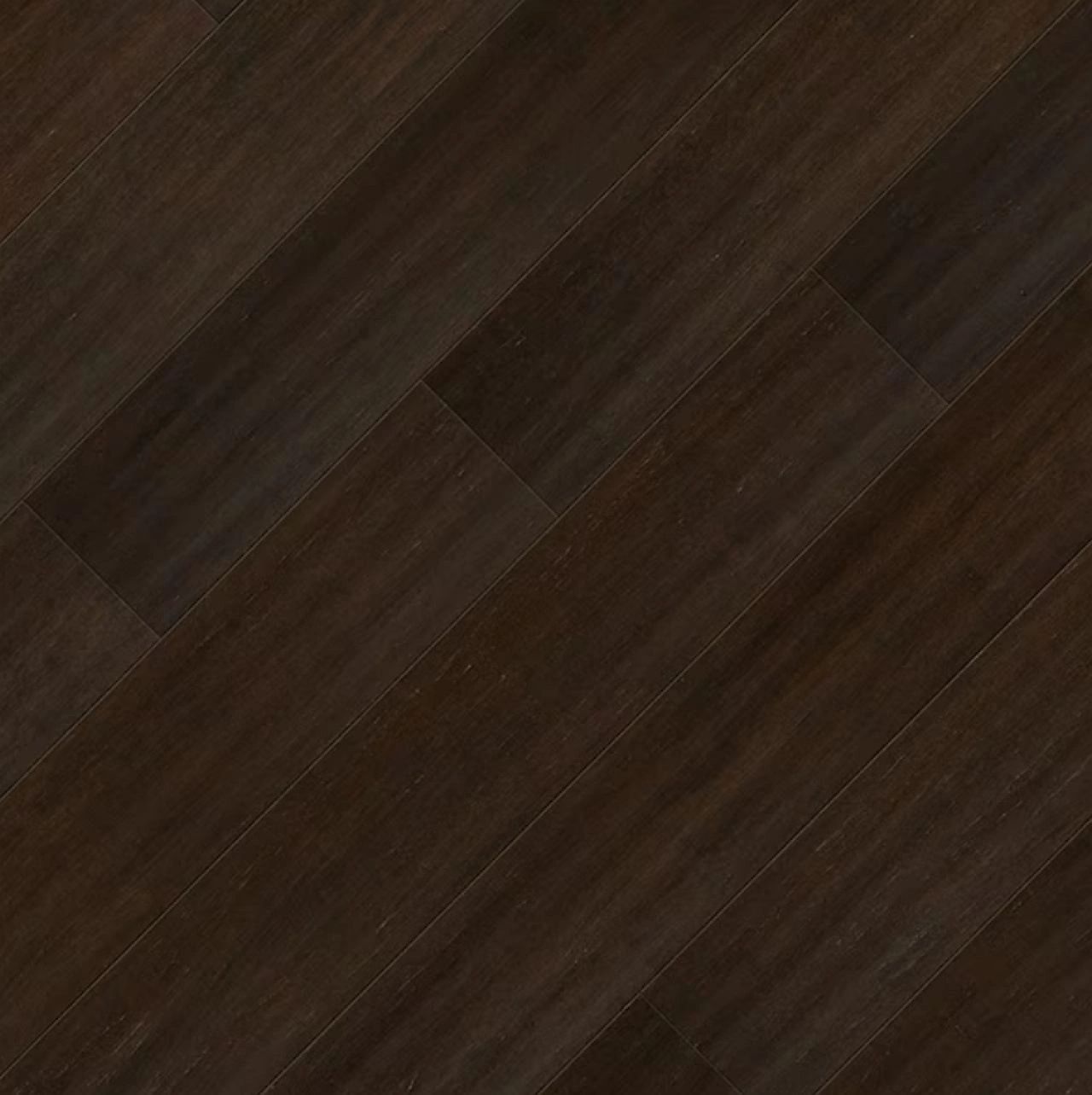
- Laminate flooring: Waterproof laminate flooring is a budget-friendly and durable option that offers the appearance of hardwood without the high cost. It’s available in a wide range of styles and colors, making it easy to find the perfect match for your home’s decor.
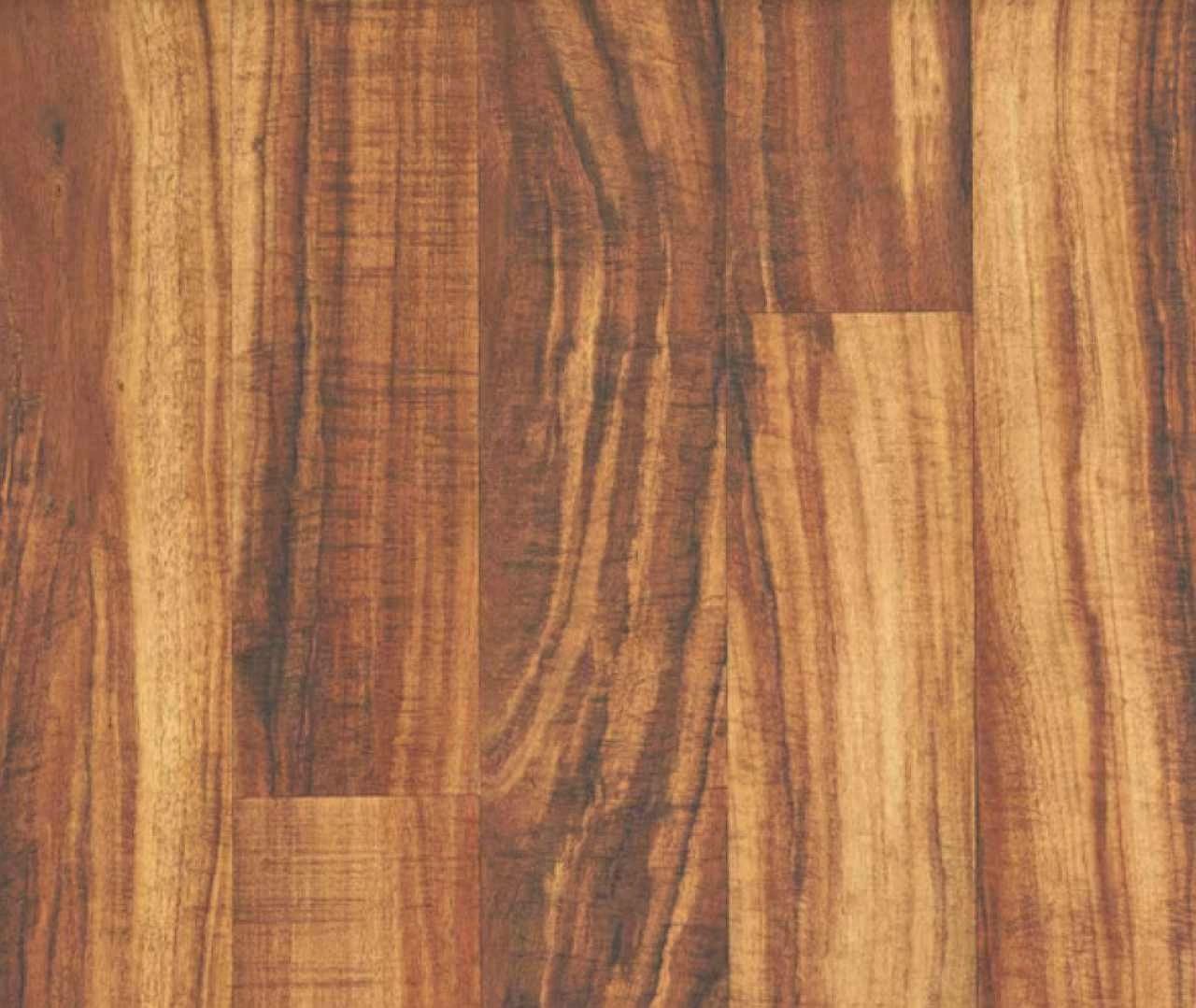
Waterproof Luxury Vinyl Plank (LVP)
Luxury vinyl plank (LVP) is a high-quality vinyl flooring that mimics the appearance of hardwood. It’s a popular choice for homeowners due to its durability, water resistance, and ease of installation.
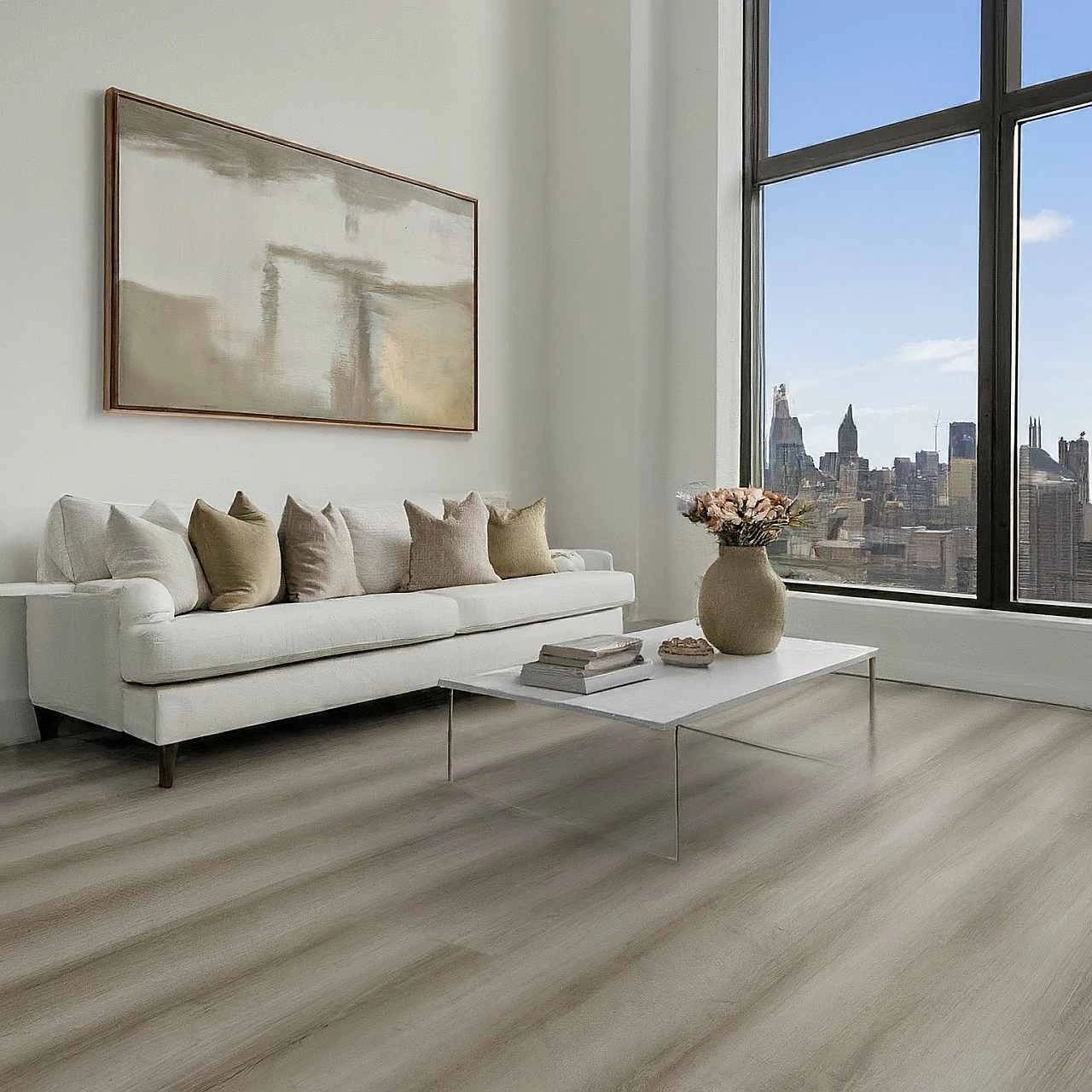
Features and Benefits of LVP
- Realistic appearance: LVP is designed to look and feel like real hardwood, with realistic grain patterns and textures.
- Waterproof: LVP is inherently waterproof, making it ideal for areas with high humidity or frequent spills.
- Durable: It’s resistant to scratches, stains, and fading.
- Easy to install: LVP can often be installed as a floating floor, making it a DIY-friendly option.
- Quiet: LVP is quieter underfoot than hardwood or tile.
- Various styles: LVP is available in a wide range of styles, colors, and textures to match different interior designs.
Installation and Maintenance
- Subfloor preparation: Ensure your subfloor is level and free of moisture before installing LVP.
- Installation: LVP planks are typically clicked together like floating hardwood floors.
- Regular cleaning: Sweep or mop your LVP flooring regularly to remove dirt and debris.
- Protect from scratches: Use doormats and furniture pads to prevent scratches.
- Repair damaged planks: If a plank becomes damaged, it can often be replaced without affecting the entire floor.
Comparison to Other Waterproof Flooring Options
LVP offers several advantages over other waterproof flooring options, including:
- Realistic appearance: LVP can closely mimic the look of real hardwood, while laminate flooring may have a more artificial appearance.
- Durability: LVP is generally more durable than laminate flooring and can withstand heavy foot traffic.
- Quietness: LVP is quieter underfoot than tile, making it a better choice for bedrooms or living rooms.
- Ease of installation: LVP is often easier to install than tile, making it a good option for DIY projects.
Average Cost of LVP
Expect to pay an average of $3.50/sf for quality LVP waterproof flooring.
Waterproof Vinyl Flooring
Vinyl flooring is a popular choice for homeowners due to its durability, affordability, and water resistance. It comes in two main types: sheets and planks.
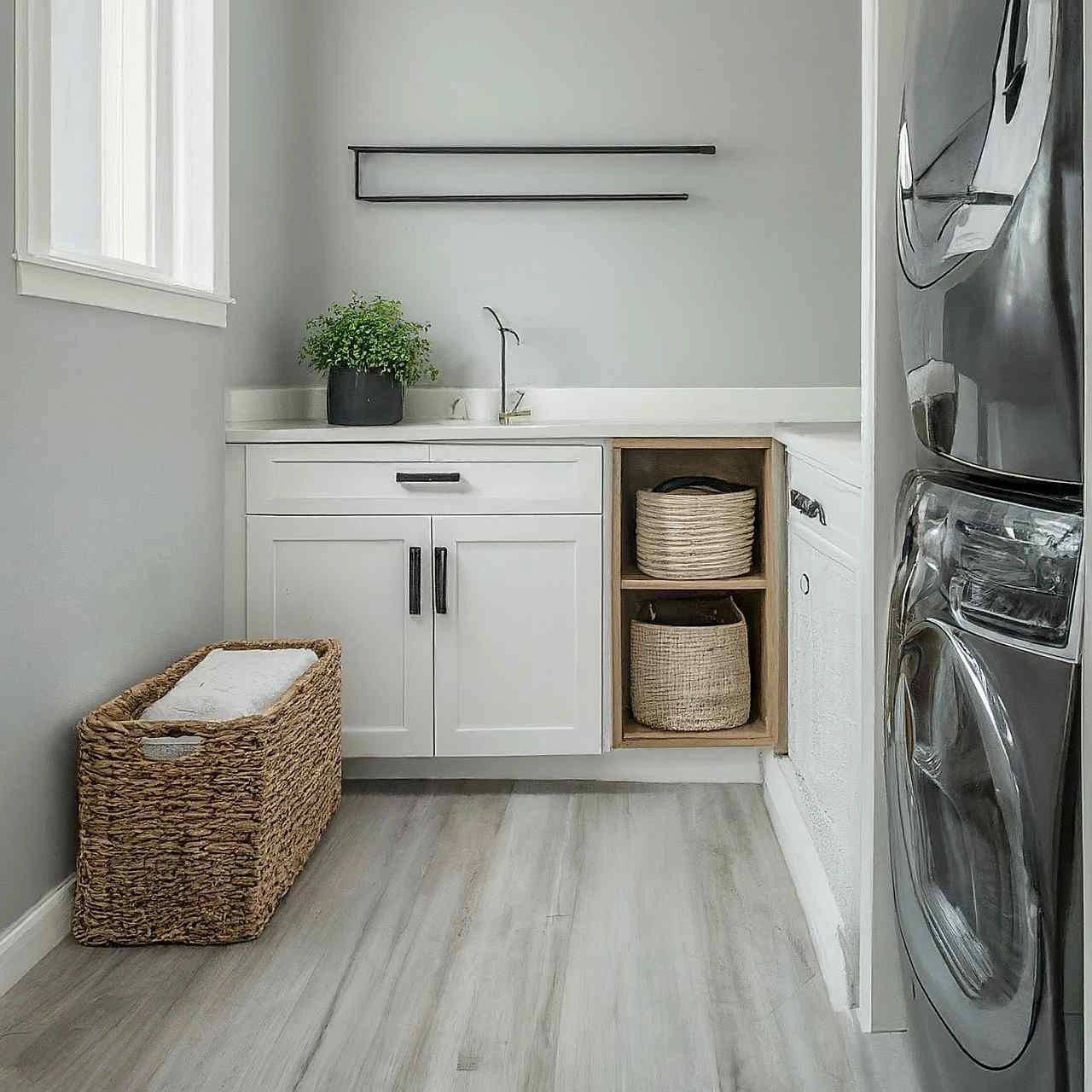
Types of Waterproof Vinyl Flooring
- Vinyl sheets: These are large, continuous sheets of vinyl that are glued or tacked down to the floor. They are often used in commercial settings but can also be used in residential homes.
- Vinyl planks: Vinyl planks are individual pieces that can be clicked together like floating hardwood floors. They are a popular choice for residential applications due to their versatility and ease of installation.
Advantages and Disadvantages of Waterproof Vinyl Flooring
Advantages:
- Waterproof: Vinyl flooring is inherently waterproof, making it ideal for areas with high humidity or frequent spills.
- Durable: It’s resistant to scratches, stains, and fading.
- Affordable: Vinyl flooring is generally more budget-friendly than other waterproof flooring options.
- Easy to clean: Vinyl is easy to maintain with a simple sweep or mop.
- Wide variety of styles: Vinyl flooring is available in a wide range of styles, colors, and textures to match different interior designs.
Disadvantages:
- Can be slippery: Vinyl flooring can be slippery when wet, especially if it’s not textured.
- May not be as durable as some other flooring options: While vinyl is durable, it may not be as resistant to heavy foot traffic or sharp objects as other materials.
Maintenance and Cleaning Recommendations
- Regular cleaning: Sweep or mop your vinyl flooring regularly to remove dirt and debris.
- Avoid harsh chemicals: Use mild cleaning solutions and avoid harsh chemicals that can damage the vinyl.
- Protect from scratches: Use doormats and furniture pads to prevent scratches.
- Repair damaged areas: If your vinyl flooring becomes damaged, it can often be repaired or replaced.
Average Cost of Waterproof Vinyl Flooring
Expect to pay an average of $1.40/sf for vinyl sheet flooring.
Waterproof Tile Flooring
Tile flooring is a classic choice for bathrooms, kitchens, and other areas where water resistance is essential. It’s available in two main types: ceramic and porcelain.
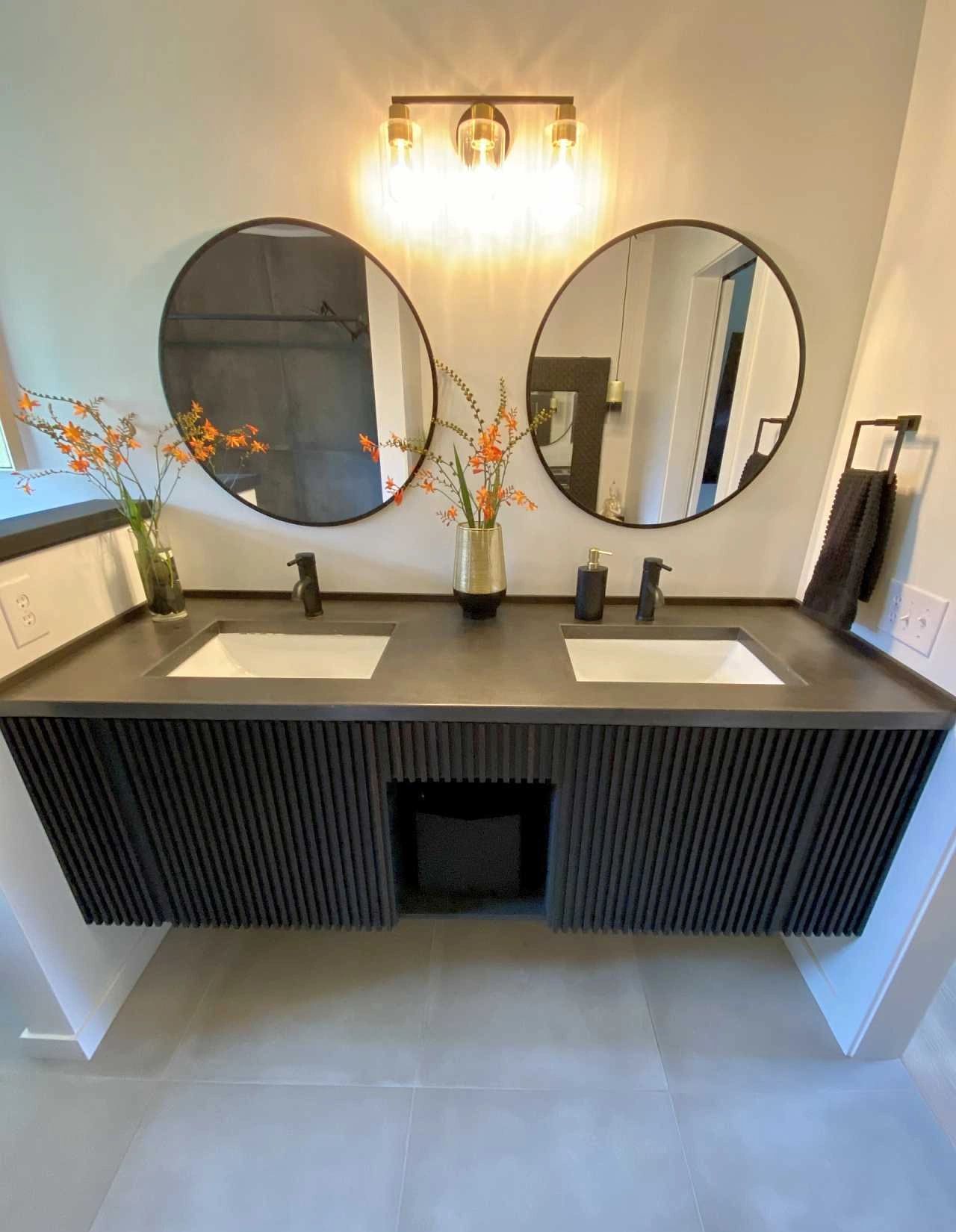
Ceramic and Porcelain Tile Options
- Ceramic tile: Made from clay and fired in a kiln, ceramic tile is a popular and affordable option. It’s available in a wide range of colors, patterns, and finishes.
- Porcelain tile: Made from a denser clay than ceramic tile, porcelain is more durable and resistant to moisture. It’s often used in high-traffic areas and outdoor spaces.
Benefits and Drawbacks of Waterproof Tile Flooring
Benefits:
- Waterproof: Tile flooring is inherently waterproof, making it ideal for areas with high humidity or frequent spills.
- Durable: Tile is highly resistant to scratches, stains, and fading.
- Easy to clean: Tile is easy to maintain with a simple sweep or mop.
- Wide variety of styles: Tile is available in a wide range of colors, patterns, and finishes to match different interior designs.
- Can increase home value: Tile flooring can add value to your home.
Drawbacks:
- Can be cold: Tile flooring can feel cold to the touch, especially in colder climates.
- Can be slippery: Tile flooring can be slippery when wet, especially if it’s not textured.
- Installation can be labor-intensive: Installing tile flooring can be a more complex and time-consuming process compared to other flooring options.
Installation Considerations and Costs
- Subfloor preparation: Ensure your subfloor is level and free of moisture before installing tile flooring.
- Grouting: Grout is used to fill the gaps between tiles and can be a time-consuming process.
- Cost: Tile flooring can be more expensive than some other flooring options, especially if you choose high-end materials or complex designs.
Average Cost of Tile Flooring
The cost of tile can vary significantly based on size and type. Expect to pay anywhere from $1.00/sf to $5.00/sf for quality porcelain or ceramic tile.
Waterproof Engineered Hardwood
Engineered hardwood is a type of flooring that consists of layers of wood glued together. It is a durable and stylish waterproof flooring option that offers the natural beauty of real wood while providing excellent resistance to moisture.
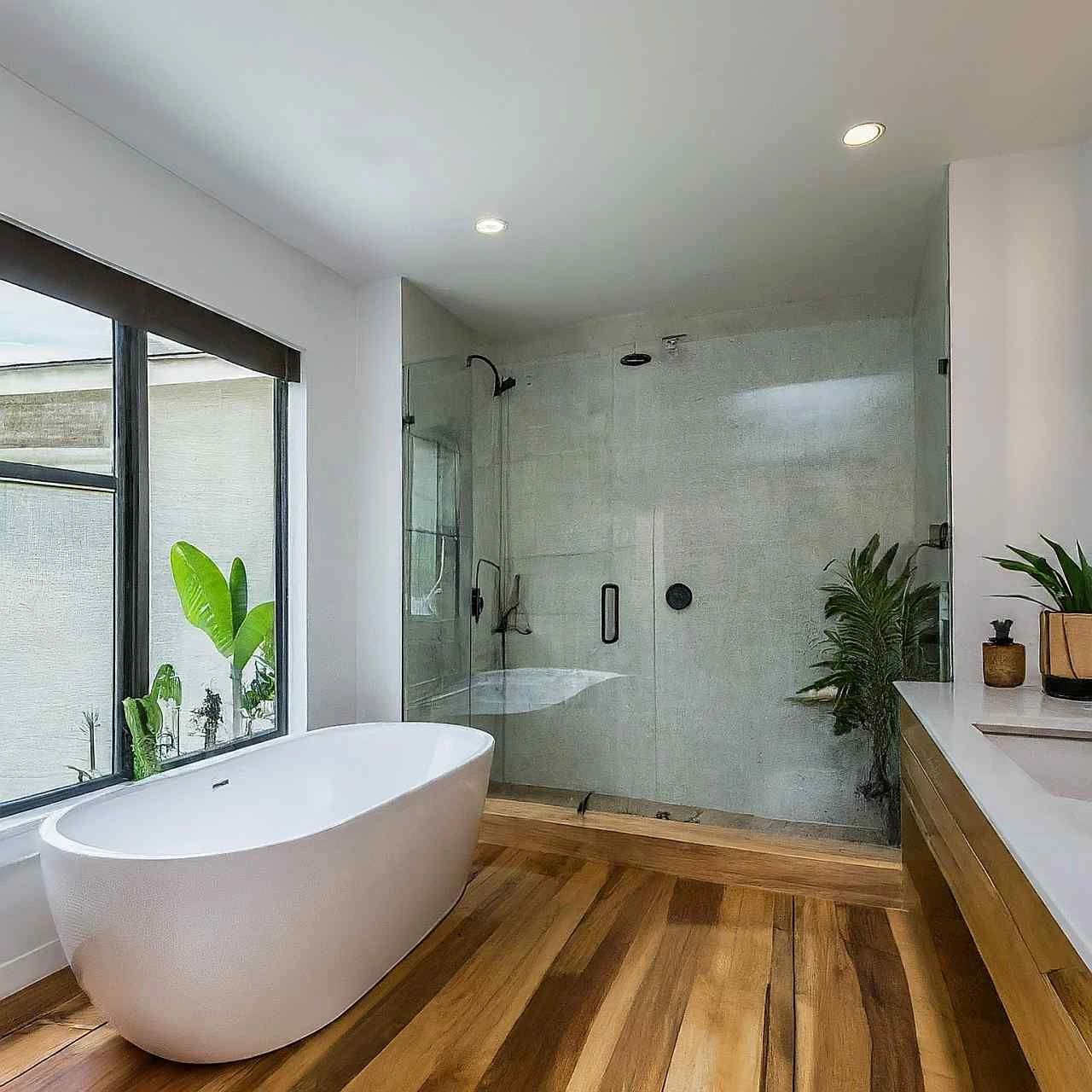
How Engineered Hardwood is Treated for Waterproofing
To make engineered hardwood waterproof, manufacturers often use a variety of treatments, including:
- Sealants: Sealants are applied to the top layer of the engineered hardwood to protect it from moisture.
- Water-resistant cores: The core layers of the engineered hardwood can be made from water-resistant materials, such as plywood or HDF (high-density fiberboard).
- Protective coatings: Some engineered hardwood products have additional protective coatings that help repel water.
Pros and Cons of Waterproof Engineered Hardwood
Pros:
- Realistic appearance: Engineered hardwood offers a realistic appearance that closely resembles solid hardwood.
- Durability: It’s resistant to scratches, stains, and fading.
- Can be installed in areas with humidity: Waterproof engineered hardwood is ideal for areas prone to spills or humidity, such as kitchens, bathrooms, and basements.
- Wide variety of styles: Engineered hardwood is available in a wide range of styles, colors, and finishes.
Cons:
- Potential susceptibility to moisture damage: While it is designed to be waterproof, prolonged exposure to excessive moisture can still cause issues. This is especially true if the flooring is not properly installed or maintained.
- Can be more expensive than other options: Engineered hardwood is generally more expensive than laminate flooring or vinyl.
Installation and Care Guidelines
- Subfloor preparation: Ensure your subfloor is level and free of moisture before installing engineered hardwood.
- Installation: Engineered hardwood can be installed as a floating floor or glued down.
- Regular cleaning: Sweep or mop your engineered hardwood flooring regularly to remove dirt and debris.
- Protect from scratches: Use doormats and furniture pads to prevent scratches.
- Avoid excessive moisture: Avoid exposing engineered hardwood to excessive moisture, such as standing water or leaks.
Average Cost of Waterproof Engineered Hardwood
Expect to pay an average of $4.30/sf for waterproof engineered hardwood flooring.
Waterproof Bamboo Flooring
Bamboo flooring is a sustainable and eco-friendly option that can also be waterproof. It’s made from bamboo stalks, which are pressed together to form planks.
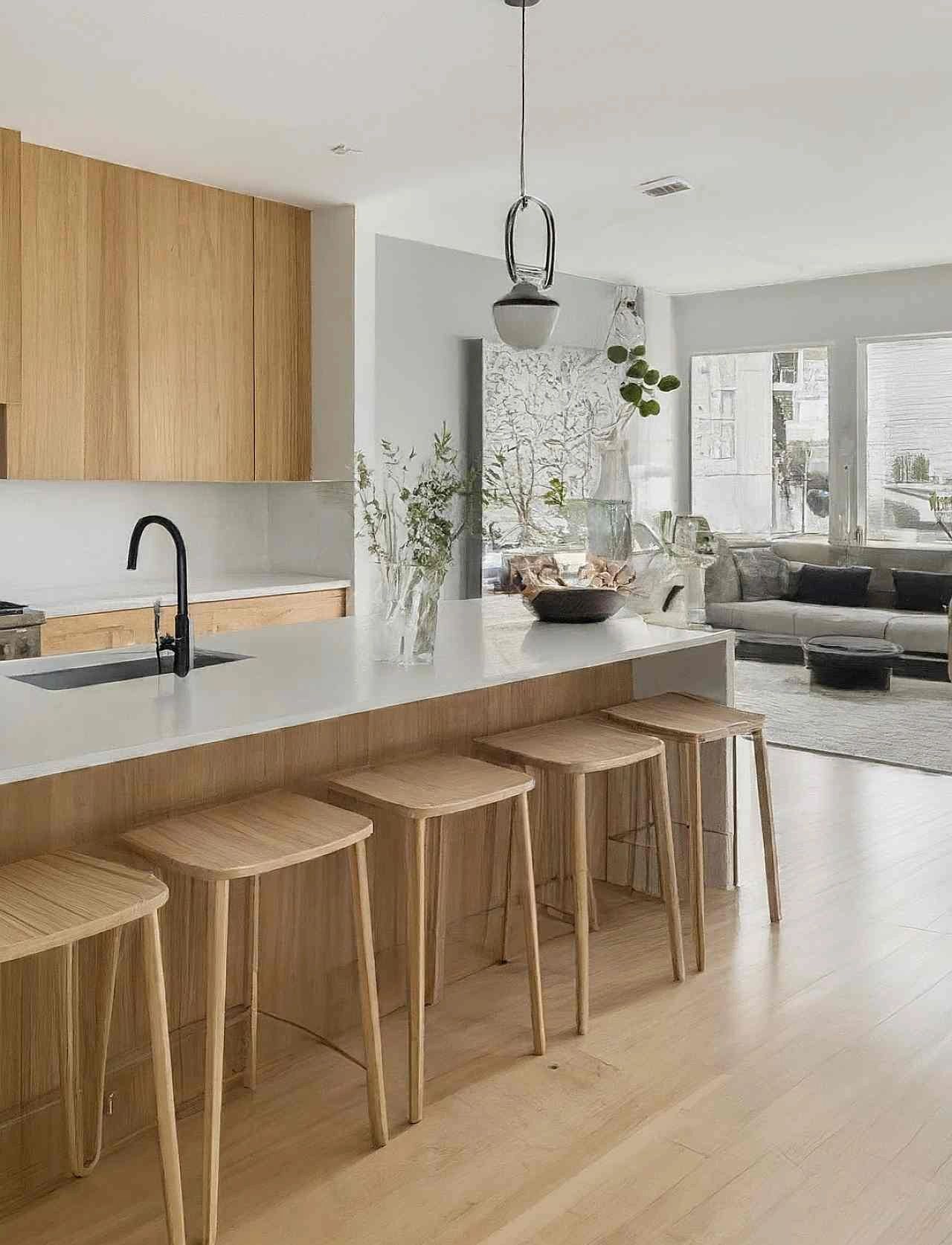
Types of Waterproof Bamboo Flooring
There are two main types of bamboo flooring:
- Horizontal strand bamboo: This type of bamboo is made by pressing horizontal strands of bamboo together. It’s generally more durable and water-resistant than vertical-strand bamboo.
- Vertical strand bamboo: This type of bamboo is made by pressing vertical strands of bamboo together. It’s less durable and water-resistant than horizontal-strand bamboo.
Durability and Maintenance
- Durability: Horizontal strand bamboo is generally more durable and water-resistant than vertical strand bamboo. However, both types can be treated with finishes that improve their water resistance.
- Maintenance: Bamboo flooring is relatively easy to maintain. Sweep or mop it regularly to remove dirt and debris, and avoid using harsh chemicals.
Considerations for Installation
- Subfloor preparation: Ensure your subfloor is level and free of moisture before installing bamboo flooring.
- Installation: Bamboo flooring can be installed as a floating floor or glued down.
- Acclimation: Bamboo flooring needs to be acclimated to your home’s environment before installation. This is incredibly important!
Average Cost of Bamboo Flooring
Expect to pay an average of $3.60/sf for waterproof bamboo flooring.
Waterproof Laminate Flooring
Waterproof laminate flooring has become popular for homeowners due to its durability, affordability, and ease of installation. However, it’s important to note that not all laminate flooring is inherently waterproof. To ensure your flooring is moisture-resistant, look for products with a waterproof or water-resistant rating.
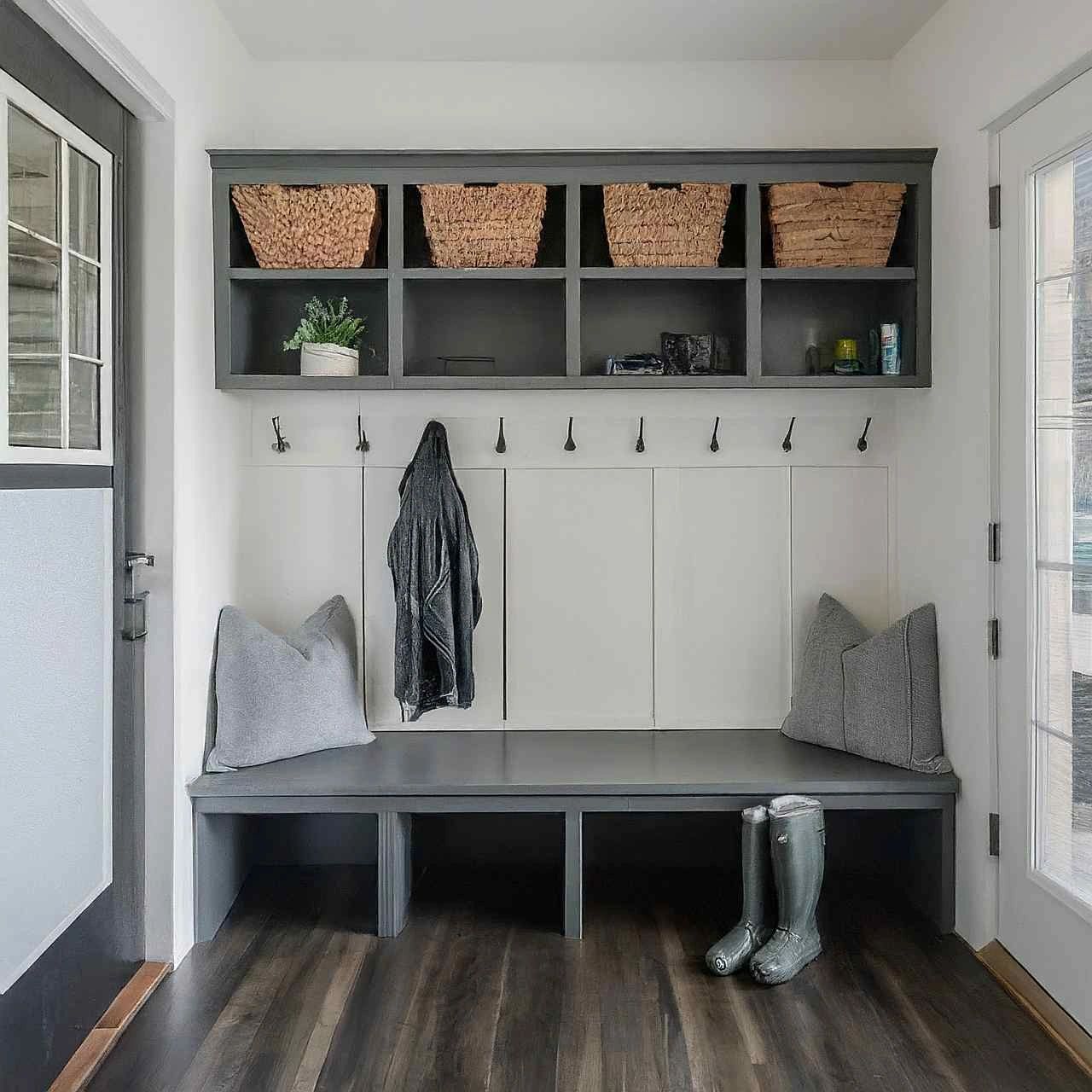
Pros and Cons of Waterproof Laminate Flooring
Pros:
- Affordable: Waterproof laminate flooring is generally more budget-friendly compared to other waterproof options like hardwood or tile.
- Durable: It’s resistant to scratches, stains, and fading.
- Easy to install: Laminate flooring can often be installed as a DIY project, saving on labor costs.
- Wide variety of styles: Waterproof laminate flooring is available in a wide range of styles, colors, and textures to match different interior designs.
Cons:
- Less realistic appearance: While laminate flooring can mimic the look of natural materials, it may not be as realistic as genuine hardwood or stone.
- Potential for moisture damage: Although waterproof laminate flooring is resistant to moisture, prolonged exposure to standing water can cause damage.
Popular Styles and Colors
Waterproof laminate flooring is available in a wide variety of styles and colors, including:
- Wood grain: Mimics the appearance of various hardwood species, such as oak, maple, and cherry.
- Stone: Simulates the look of natural stone, such as marble, granite, and slate.
- Tile: Replicates the appearance of ceramic or porcelain tiles.
Popular colors and finishes include:
- Neutral tones: Whites, grays, and beiges
- Warm tones: Browns and reds
- Cool tones: Blues and greens
Installation and Maintenance Tips
- Proper installation: Ensure the laminate flooring is installed on a level, dry surface according to the manufacturer’s instructions.
- Regular cleaning: Sweep or vacuum your laminate flooring regularly to remove dirt and debris.
- Avoid excessive moisture: Clean up spills promptly and avoid using excessive water.
- Protect from scratches: Use doormats and furniture pads to prevent scratches.
- Repair damaged planks: If a plank becomes damaged, it can often be replaced without affecting the entire floor.
Top Names in Waterproof Flooring Options
- Pergo: Pergo is a well-known brand that offers a wide range of waterproof laminate flooring options. They are known for their durability, realistic appearance, and ease of installation.
- Lifeproof Flooring: Lifeproof is known for its durable and waterproof LVP products, often featuring innovative technologies to enhance performance.
- Shaw Floors: Shaw Floors is another popular choice for waterproof laminate flooring. They offer a variety of styles and colors, as well as a focus on durability and performance.
- Mohawk Flooring: Mohawk is a leading flooring manufacturer that offers a range of waterproof laminate flooring products. They are known for their quality, innovation, and commitment to sustainability.
- Porcelanosa: Known for its high-quality ceramic and porcelain tiles, Porcelanosa offers a wide range of waterproof options with stunning designs and durable materials.
- Daltile: Daltile is another renowned brand offering a diverse selection of waterproof tiles, including ceramic, porcelain, and glass. Their products are known for their durability and style.
- Marazzi: Marazzi is a global leader in ceramic and porcelain tile manufacturing. They offer a vast array of waterproof tile options suitable for various applications, from kitchens and bathrooms to outdoor spaces.
Choosing the Right Waterproof Flooring
When selecting waterproof flooring for your home, consider the following factors:
- Budget: Determine how much you can afford to spend on flooring.
- Style: Choose a flooring option that complements your home’s interior design.
- Durability: Consider the level of foot traffic and wear your flooring will experience.
- Maintenance: Evaluate how much time and effort you’re willing to spend on maintaining your flooring.
- Installation: Decide whether you’ll install the flooring yourself or hire a professional.
Tips for Finding a Reputable Flooring Contractor
- Get recommendations: Ask friends, family, or neighbors for recommendations.
- Check online reviews: Read reviews from previous customers.
- Get multiple quotes: Obtain quotes from several contractors to compare prices and services.
- Verify licensing and insurance: Ensure the contractor is licensed and insured.
Waterproof Flooring Options – Resources and Information (see specific resource links below)
- Home improvement stores: Visit local home improvement stores for flooring samples and expert advice.
- Online retailers: Explore online retailers for a wide variety of flooring options.
- Interior design websites: Find inspiration and ideas for flooring design.
As always, mahalo for joining us for this week’s Home Renovation Blog! Be sure to check out all of our blogs for more eco-friendly and budget-friendly home ideas to create your modern, organic oasis! Let us know if you have comments or questions, we’d love to hear from you.
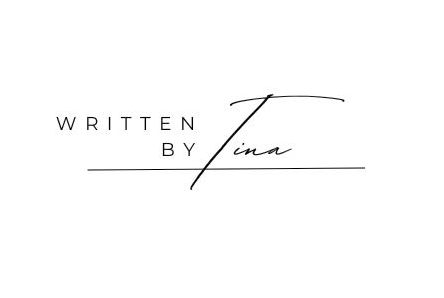

Additional Resources for Waterproof Flooring Options:
General Flooring Resources
- Flooring America
- Pergo Flooring
- Armstrong Flooring
- Shaw Floors
- Waterproof Hardware Flooring at Home Depot
General DIY Flooring Resources
